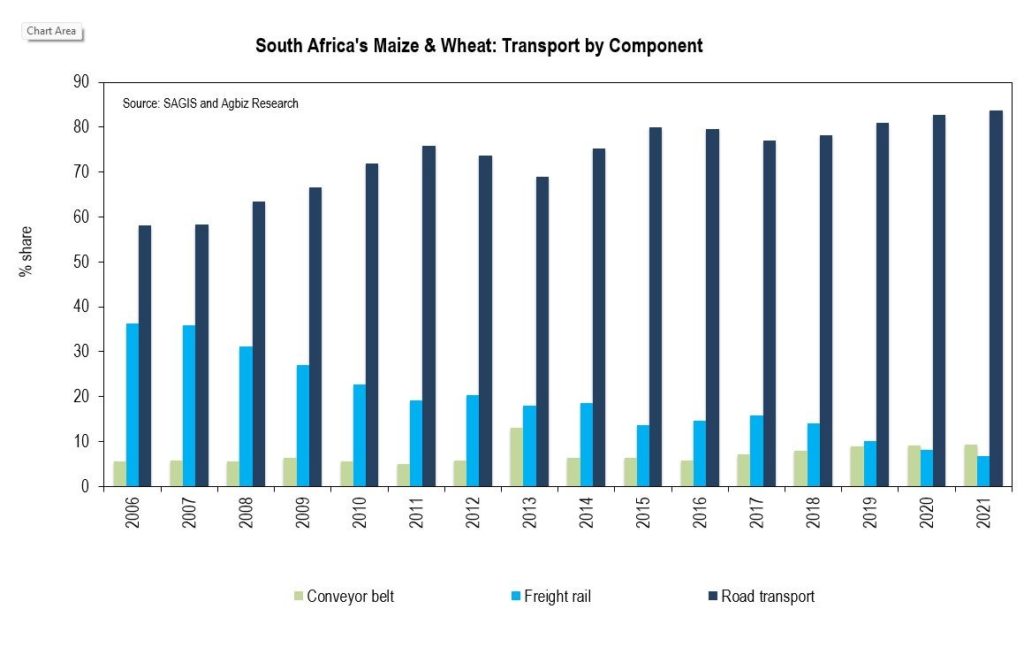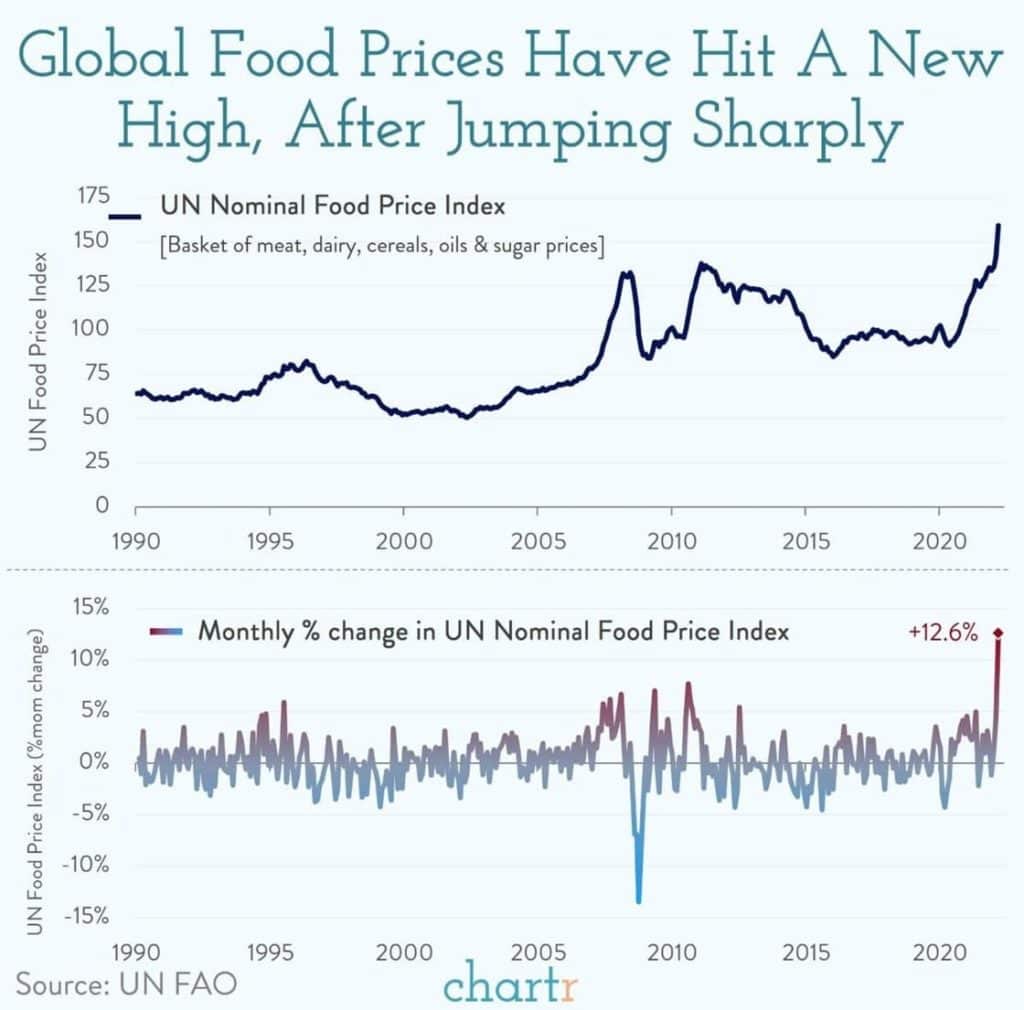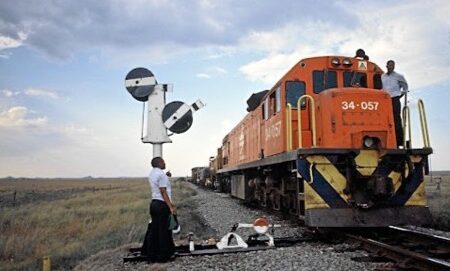For all the talk and idealism from government promoting Localisation Master Plans as the solution to South Africa’s manufacturing decline, politicians and bureaucrats may be better served in their aims by focusing on low-hanging reforms. To focus on just one area: rail. Selling Transnet’s rail networks to private competitors – in practice, and not merely in name – would be a great start in unlocking the country’s real trade potential. Doing so would also lead to lower transportation costs, protecting poor-to-middle income consumers from at least some inflationary pressures that will be with us for the foreseeable future.
Earlier in April, Transnet Freight Rail invited bids from the private sector to operate 16 slots along its container corridor (Gauteng to Durban) and south corridor (Gauteng to East London). The sale of the slots will be for a pilot phase of 24 months, between 2022 and 2024. But investing in networks and equipment that will last for many decades makes little sense when your contract is only for 2 years. Given the dismal performance by the country’s state-owned entities, would anyone want to sink millions of capital investment into a system that Transnet can simply take back and run – or rather, steadily run into the ground?
Mesela Nhlapo, CEO of the African Rail Industry Association (ARIA), has indicated that the number of train sets available will in effect be limited to sets previously applied for in other projects in the past that have not been deployed. The ARIA estimates that every 50-wagon train set costs up to R200m, and each operator will require three train sets per slot, pushing the price per operator to R600m.
Once slots on the networks have been sold to third parties, Transnet will remain as the custodian of the infrastructure. It will also remain as the dominant operator, giving only limited access to its infrastructure to third parties. Perhaps most crucial, and concerning, is that Transnet will retain full ownership of the rail network, and will also be responsible for its maintenance. Third-party operators will also have to accept the state of the rail infrastructure; but ARIA says this is in contravention of the national rail policy approved in March. Confusion reigns, and this is hardly the kind of situation into which either local or foreign investors will want to wade.
Does this strike one as the kind of environment, with those requirements, that will entice real private sector participation and meaningful activity? Indeed, the cards may simply already be stacked in favour of those with the necessary political connections, who will ensure that they and their friends receive the most lucrative contracts.
Much of Transnet’s rail infrastructure has been stolen; had proper security been in place, this could have been prevented. But even more than theft, the company’s widespread inefficient performance was the result of a state that saw it as good and proper for it to play a central role in transporting goods; as well as an outsized role in ‘managing’ the economy as a whole. The below graph shows the massive decline in the use of rail to transport maize and wheat. This is a necessary consequence of the implementation of the ruling party’s ideology.

The Russian invasion of Ukraine has boosted global commodities prices. But South Africa, as a consequence of the government’s ideological and policy choices, has once again shot itself in the foot and been unable to benefit fully through higher exports. Total freight rail volumes declined by almost 14%, from 212.3-million tonnes in 2020, to 183.29-million tonnes in 2021. Through the same year the coal, chrome, iron-ore and manganese mining sectors reportedly lost between R39 billion to R50 billion in export earnings as a result of Transnet’s rail problems.

In the context of elevated global food and oil prices – and with the ripple effects on trade from China’s ‘zero-Covid’ stance likely to impact supply chains – governments can ease the pressure on consumers by removing the numerous barriers that they themselves imposed over many years. For South Africa, this means fixing fundamentals such as trade infrastructure.
Had the country’s rail networks been more reliable, and indeed simply available for use, more options would have been available to companies, farmers, and freight transporters. When hit by unexpected global events or unforeseen natural disasters, reliable, basic infrastructure is of crucial importance. South Africa’s latest example of policy choices is being exposed, to devastating effect: the current backlog of between 8000 to 9000 containers at Durban port could have been considerably smaller, had companies been afforded the ‘luxury’ of utilising more rail, versus being forced to rely more and more on roads.
Localisation Master Plans – which will be enforced either through subsidies for those designated products or ‘champions’, or higher tariffs on imports (which will further increase prices and inflation pressures) – will not re-industrialise South Africa, nor achieve substantive growth. To achieve those goals, we need to get the basics rights. Real reform in rail, and not simple lip-service, is one place to start.

